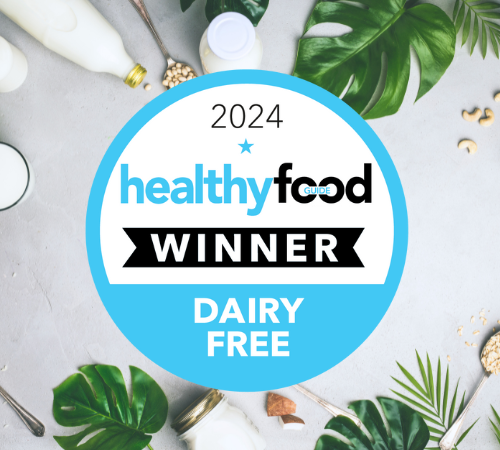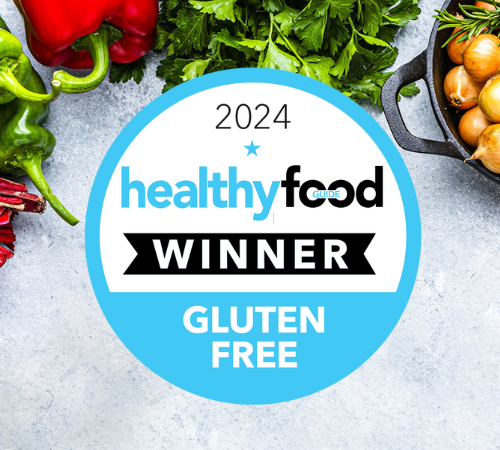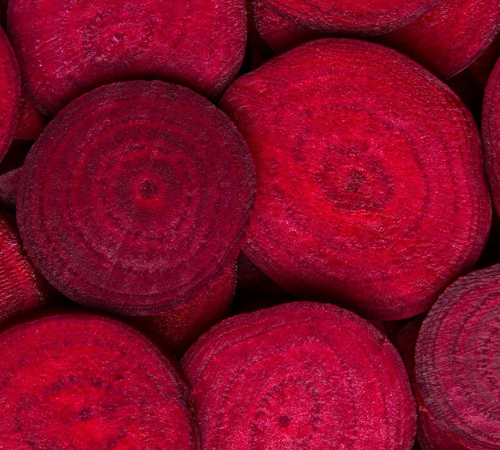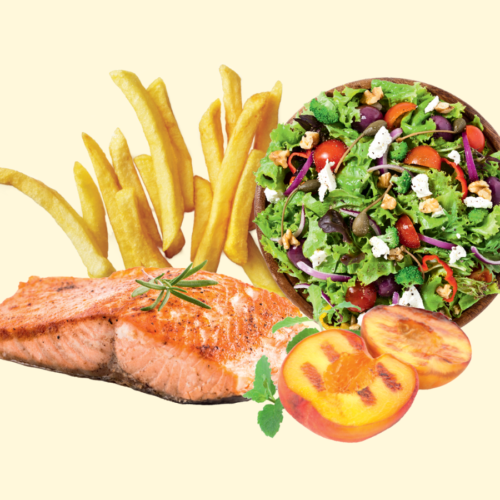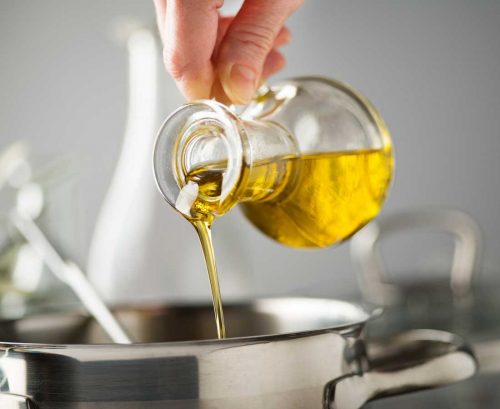
Mediterranean olive oil and canola/rapeseed are fighting for our attention on supermarket shelves – but is one better than the other?
Olive oil
The oil of choice in the Med is made from pressing whole olives from the native olive tree – different grades include blended, virgin and extra-virgin.
The nutritional lowdown
Olive oil contains more monounsaturated fat than any other oil – the type that helps to lower LDL (bad) cholesterol and raise HDL (good) cholesterol. That’s why it’s often touted as one of the healthiest oils. Extra-virgin olive oil contains polyphenols, too, which act as antioxidants in the body. Different oils are best suited to different uses. For example, extra-virgin is perfect for dressings and cooking but has a less neutral flavour than some oils, meaning some people find it a bit strong for mayonnaise and some baking.
Canola/rapeseed oil
Bright yellow rapeseed crops are now widely grown. The oil is extracted from the seeds of the rapeseed plant to produce a golden oil.
The nutritional lowdown
Rapeseed oil contains the least saturated fat of all oils – and that’s good, as current advice confirms a diet high in saturated fat is linked to poorer heart health. It has less monounsaturated fat than olive oil, but a bigger proportion of polyunsaturated fat, which helps to lower LDL cholesterol. Plus, rapeseed oil contains considerably more vitamin E than olive oil – a tablespoon provides a fifth of our daily need for this powerful antioxidant. It’s also a good choice for cooking as its high smoke point allows it to retain its nutrition credentials.
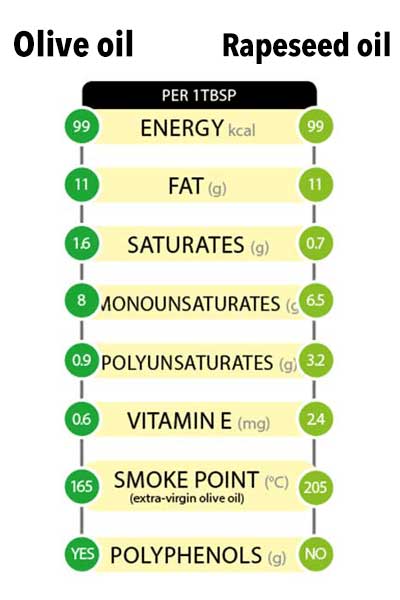
The verdict
Canola/rapeseed oil is healthier. It’s lower in saturated fat, higher in vitamin E and has a higher smoke point, making it a good choice for cooking. However, it doesn’t have the polyphenols that extra-virgin olive oil contains. Opt for rapeseed oil for cooking and olive oil for drizzling, but use both sparingly as they’re high in calories.
www.healthyfood.com



